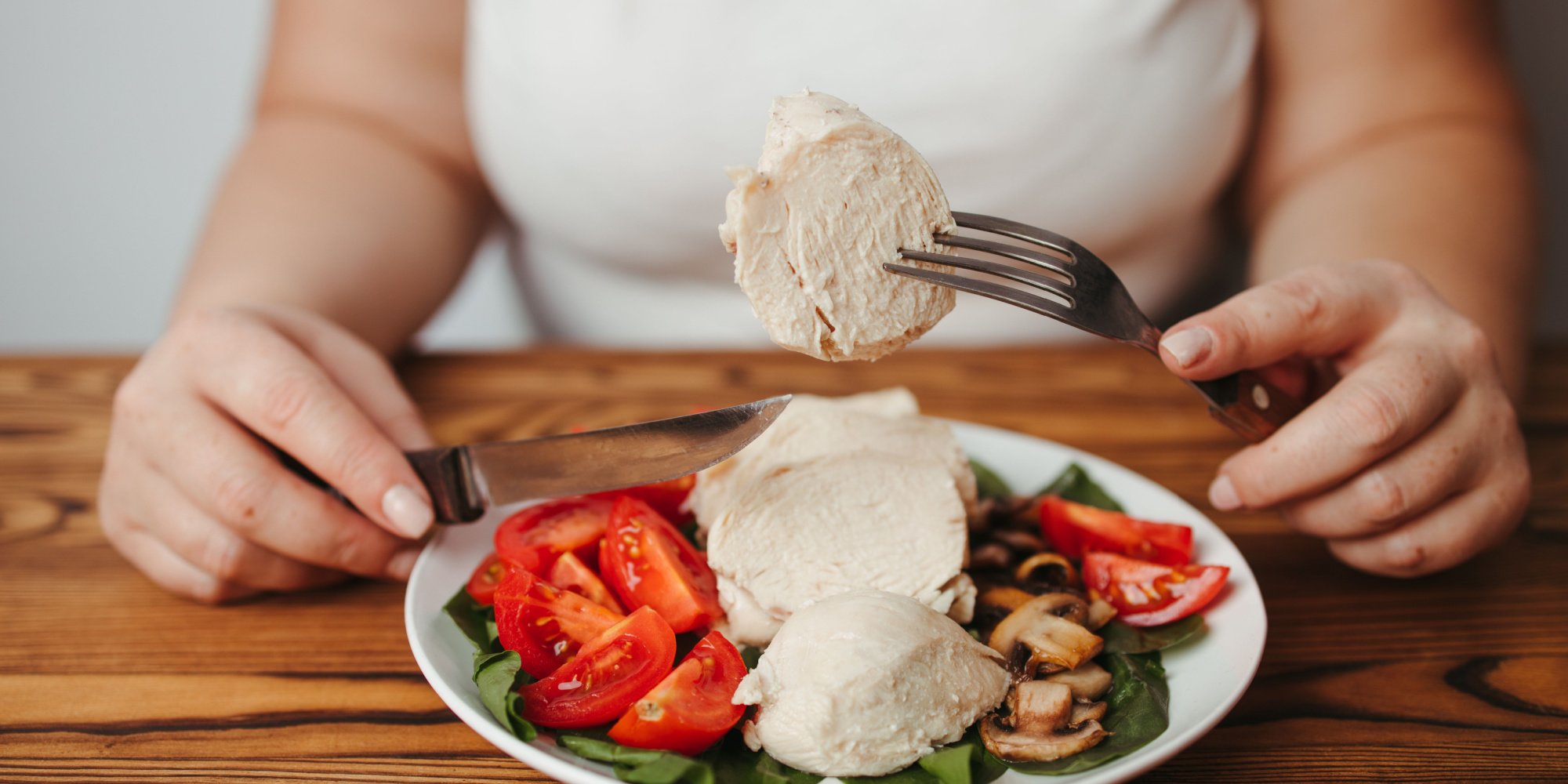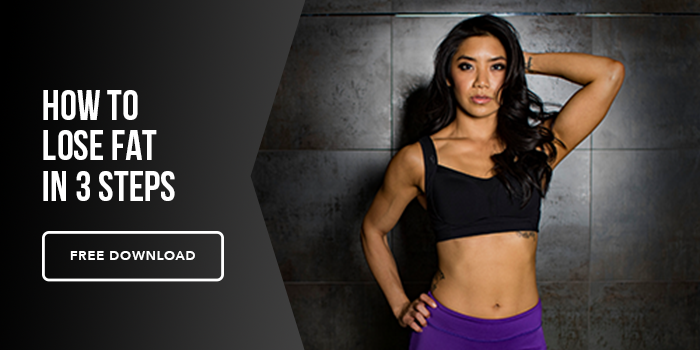Optimal protein intake is what every weight lifter strives for. Without protein, our muscle fibers don’t rebuild to become stronger and more resilient. But optimal protein shouldn’t be a concern for just weight lifters; the general population should also be aware of how much protein they’re digesting as well.
From fitness magazines and online blogs, to gym buddies and the latest documentaries, there is so much conflicting information presented to us when trying to determine how much protein works for each individual.
In general, there are guidelines we should be following, and this article will help you better understand how much protein you should be eating daily.
Why is Protein So Important?
Sufficient dietary protein is necessary to maximize muscle protein synthesis, and because exercise induces changes in amino acid metabolism, there is a greater need for protein.
Think of protein as a building blocks that are vital for the structure of the muscle; if we don’t get enough protein, our muscles won’t grow stronger!
Protein, which is made up of amino acids, also contribute to numerous chemical reactions in the body, including regulating the immune system, regulating gene expression, and move essentials nutrients around the body.
So before you write off protein as just something that helps build muscle, remember that protein is essential to so many physiological processes.
How Much Protein Is Right For You?
When it comes to the minimal amount of protein you should be consuming, the recommended dietary allowance, or RDA, is .8 grams per kilogram of body weight. For a 150-pound person, that comes out to about 54 grams of protein.
If you are asking this question (and you are a fan of Mind Pump), there is a good chance that maintaining a physically active lifestyle is important to you. And not only that, you care about feeling your best, looking your best, and/or performing your best.
For these things to happen, and to achieve the best muscle-building response, you are going to need more protein than the suggested RDA. And whether you are a strength/power, endurance, or team sports athlete, you will need more protein than those with a sedentary lifestyle.
The recommended amount pertains to both men and women, and for those who prefer either resistance training or cardio. If you lean toward cardio-based workouts, you need protein to maintain current muscle mass. If you like to lift weights and want to gain lean muscle mass, you need protein to do just that!
- Moderately Active: These individuals should be consuming .8 to 1.2 grams per kilogram of body weight. Using the same example as before, a 150-pound, moderately active person should be taking in about 81.6 grams of protein, per day.
- Highly Active: These are people working out more than 4 days a week, achieve high intensities during most of their workouts, and participate in light-intensity activities outside their workouts. Essentially, these people are moving a lot. The recommended amount of daily protein should then increase to 1.2 to 2 grams per kilogram of body weight. Using the same example, this will look closer to 136 grams of protein.
Many times, it is suggested to consume 1.2 to 2 grams per pound of body weight, but this isn’t always necessary. It can be very difficult to reach that amount on a daily basis. For someone who is 150 pounds, eating 1.5 grams of protein per pound of body weight is 225 grams of protein. For someone who has a difficult time just reaching the minimum protein requirements, it’s a big ask to increase the amount of daily protein by that much!
If you are what you classify as a hard-gainer, you can try the gram/pound of body weight standards, but you also want to make sure that water and carbohydrate intake is adequate as well. When we increase protein, we sometimes make the mistake of not drinking enough water or fiber intake is low; this can lead to problems with digestion or other gut issues.






